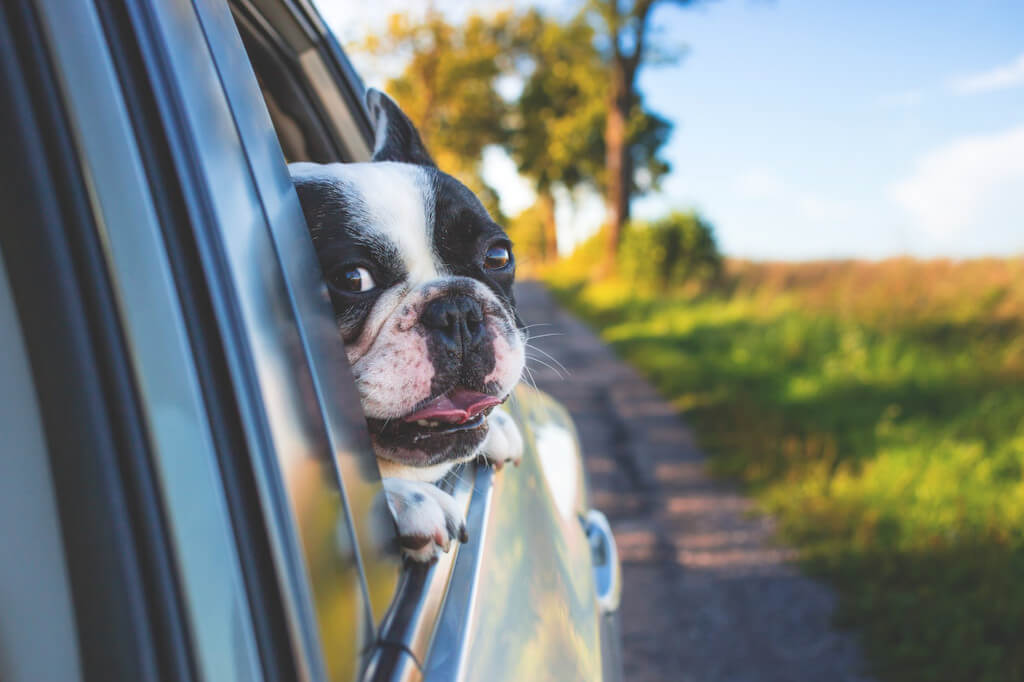The Well-being of Pets During the Holiday Season
Your domesticated animal is an important member of the family if you are a parent. Without them, what would a vacation spent with the family even be? It necessitates meticulous preparation and logistics, just like any other holiday, to ensure that everything goes according to plan. Before you can even begin to entertain the idea of taking a short trip within the area with your fur baby or fur babies, there are several things you need to make sure are in order.
These include scheduling an appointment with the veterinarian and ensuring that all of your yearly vaccinations are up to date. Because of this, they are protected against a variety of dangerous viruses, which is extremely useful when venturing into new or unfamiliar environments, even if they are just traveling within the same country.
Dr. Michelle Enslin offers some helpful advice and important considerations that should be kept in mind when planning a vacation that is friendly to pets in your area.
Precautionary Steps to Take Before Setting Out on the Road
When you take your pet somewhere other than his or her natural habitat, you run the risk of leaving them vulnerable to a “parasite load” or prevalence that is higher than usual. Fleas, for instance, are more common in areas that have climates that are warmer and more humid, such as coastal areas.
Fleas are able to reproduce more quickly in these regions due to the warmer temperatures and higher levels of humidity. Pets that are traveling to these regions for the first time are not equipped with the level of immunity necessary to deal with the higher levels of risk and exposure. Due to the fact that there are regular outbreaks of the illness in KwaZulu Natal and the Eastern Cape, you need to make sure that your pet is up to date on their rabies vaccinations before traveling there.
The trip itself may have an impact on your pets, and in animals that are already anxious, this can add additional stress to an already difficult situation. Bring this up with your veterinarian when you take your pet in for his or her pre-holiday checkup so that he or she can determine whether or not your pet would benefit from taking medication or some naturopathic remedies.
While Traveling

Because driving for extended periods can be a stressful experience for animals, it is best to get your pet used to the car as soon as possible. It is not safe to let your cats run free inside your vehicle. They could lose their balance as a result of the motion, which increases the risk of them falling. For this reason, it is important to transport cats and small dogs in carriers that provide adequate protection. Dogs, like us, could get car sick. On the contrary, they do not consistently display the same symptoms of nausea as we do. The first symptom of this condition is increased saliva production, and you may also find that you lick your lips more frequently.
In a similar manner, when nauseated, cats frequently foam around the mouth. Be on the lookout for excessive gulping or swallowing as a sign that your pet is attempting to get rid of the excess saliva. If you are going on a trip with your pet in the car, one more thing you can do to keep them calm is to bring along a familiar-smelling item like a blanket, pillow, or stuffed animal from home. It is also a good idea to have one member of the family ride in the backseat with the animal so that they can be comforted and watched over by the other passengers.
Getting Used to the Different Surroundings
Due to the fact that the prevalence of parasites varies from area to area and province to province, it is just as important to keep up with your pet’s parasite control as it is to vaccinate them. The most effective way to deal with this issue is to administer a treatment once a month that is approved for use by veterinarians, such as Nexgard Spectra for dogs or Broadline Spot-on for cats. Because it will safeguard them against both external and internal parasites, wide-ranging protection is the most effective precautionary measure that you can give to your pet, and it only requires one treatment.
Accommodations That Are Welcoming to Pets
Make sure that your lodging is suitable for your pet to stay there, and that it clearly states that it welcomes pets in the description. Make sure that your hosts are informed that you will be bringing your pet along with you even if the hotel or guesthouse that you are staying at allows pets. Your vacation rental should make your pet feel more at ease while they are away from their usual environment. Make sure that your vacation home has a garden for him or her to run around in or play in if that is something that they are used to doing at their regular home.
In light of this, you should either make sure that any outdoor space is completely enclosed, which is especially important if you have a young puppy, or you should ensure that your dog (or cat) is receiving training to keep near to you and not wander off on its own. If you are going to interact with other animals, whether they are domestic or wild, this is of the utmost importance. They could endanger your pet or act as a conduit for the transmission of diseases and parasites.
What Should I Bring?
You may be traveling to a region where purchasing food for your pet is relatively simple, but if your pet’s regular food isn’t available, remember that changing to new nutrition can cause their stomachs to become upset. You need to make sure that you pack sufficient food to last throughout the entire trip. Be sure to bring along a few of their favorite blankets and toys, in addition to their bed, when you pack for a trip. Always make sure you have their leash and harness close by, in addition to a few tasty treats, especially ones that can keep them occupied or entertained.
Even when dealing with an animal, it is imperative to keep in mind how important it is to minimize its exposure to the elements. Light-colored or white-colored pets have a greater chance of getting sunburned or suffering sun damage. Because they are susceptible to sunburn in areas including their noses and bellies, you should never leave home without your pet’s sunscreen. If your dog enjoys swimming in a river or the ocean, you should bring ear-cleaning fluid with you whenever you go to avoid any infections from occurring. Sunscreen is also a good idea.
Taking your pet with you on vacation should be a fun experience for the entire family. When it comes to planning your vacation, it is essential to keep the above-mentioned things in mind so that you are ready for anything that may come your way.

